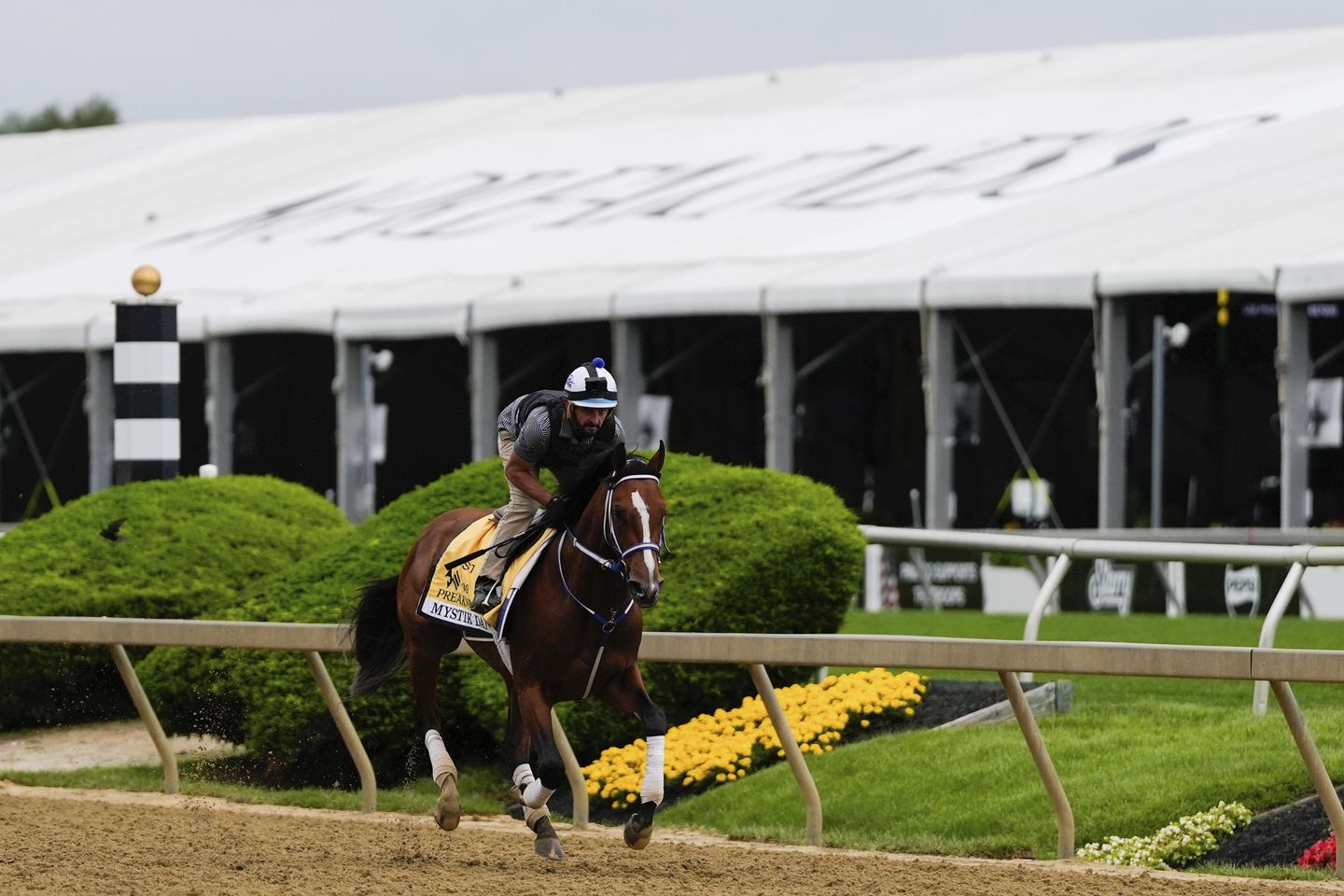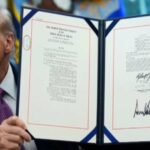The Supreme Court on Monday issued a significant ruling regarding the regulation of horse racing in the United States. The case in question centered around a federal law that aimed to ensure the safety and integrity of horse racing events. The lower court had previously declared this law unconstitutional, but the Supreme Court’s decision put that ruling on hold, pending further review.
The federal law in question, known as the Interstate Horseracing Act, was enacted in 1978 to establish a regulatory framework for horse racing across state lines. The law aimed to prevent corruption and ensure fair competition in the industry. However, a group of horse owners and trainers challenged the law, arguing that it violated the Constitution by infringing on states’ rights to regulate horse racing within their borders.
The lower court agreed with the plaintiffs and struck down the law, prompting an appeal to the Supreme Court. The high court’s decision to put the lower court ruling on hold means that the Interstate Horseracing Act will remain in effect while the case is further litigated.
The Supreme Court’s intervention in this case has significant implications for the horse racing industry. Without federal oversight, the regulation of horse racing events could vary significantly from state to state. This lack of uniformity could lead to inconsistency in safety standards, potentially putting horses and jockeys at risk.
In addition to safety concerns, the integrity of horse racing events could also be compromised without federal regulation. The Interstate Horseracing Act includes provisions aimed at preventing doping, fraud, and other forms of cheating in the industry. If these regulations were to be invalidated, there is a risk that illegal and unethical practices could become more prevalent in the sport.
The Supreme Court’s decision to put the lower court ruling on hold suggests that the justices see merit in the arguments in favor of federal regulation of horse racing. The case is likely to be closely watched by industry stakeholders, as well as advocates for animal welfare and fair competition in sports.
It is important to note that the Supreme Court’s decision to put the lower court ruling on hold is not a final judgment on the constitutionality of the Interstate Horseracing Act. The high court could ultimately uphold the lower court’s decision, strike down the law entirely, or issue a more nuanced ruling that preserves some parts of the law while invalidating others.
In the meantime, the horse racing industry will continue to operate under the provisions of the Interstate Horseracing Act. This means that racetracks, horse owners, trainers, and other stakeholders will be subject to federal regulations governing safety, integrity, and competition in the sport.
The Supreme Court’s decision to put the lower court ruling on hold is a temporary measure that allows for further consideration of the legal issues at stake. The justices will likely hear arguments from both sides of the case before issuing a final decision on the constitutionality of the Interstate Horseracing Act.
In the meantime, horse racing fans and industry observers will be watching closely as the legal battle over federal regulation of the sport unfolds. The outcome of this case could have far-reaching implications for the future of horse racing in the United States, as well as for the safety and integrity of the sport as a whole.









